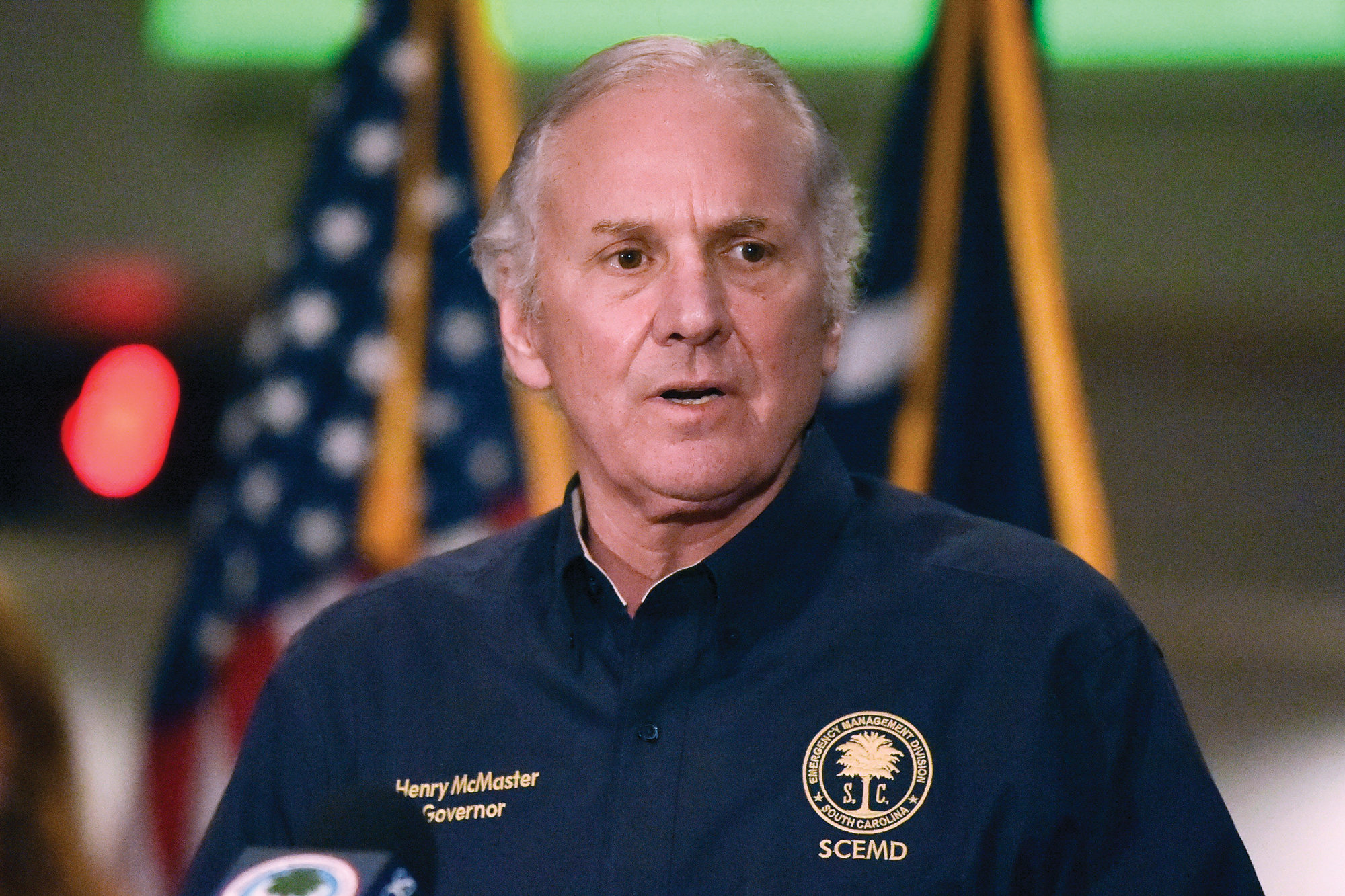S.C. reopens bowling alleys; cases spike
COLUMBIA - Bowling alleys can now reopen in South Carolina after being closed for nearly three months to reduce the risk of coronavirus infections, even though the state's COVID-19 caseload is seeing its biggest increases since the pandemic began.
Gov. Henry McMaster issued a seventh state of emergency declaration Thursday, lifting any virus-related restrictions on the number of people inside stores and opening bowling alleys.
The guidelines suggest that operators ask bowlers to bring their own balls and shoes, use only every other lane to maintain social distancing, make hand sanitizer available and put disinfectant on surfaces bowlers could touch.
The additional relaxing of COVID-19 restrictions comes even though the virus continues to spread in South Carolina, which set another state record Thursday with 687 new COVID-19 infections reported.
That record only lasted a day. There were 770 new cases announced Friday.
South Carolina has reported 593 deaths, according to the Department of Health and Environmental Control.
Fewer tests are being conducted, with more positive results. The average rate of positive tests has shot up to over 12%, while the number of people hospitalized with the virus is also climbing. On Friday, the percent positive was 14.4%.
The state has reported 17,170 COVID-19 cases.
Sumter had 23 more cases announced Friday, bringing the countywide total to 580 confirmed cases, though DHEC says there are up to nine unidentified cases per one confirmed case statewide due to those who may be infected but not showing any symptoms or those who have not been tested.
McMaster has said the onus of stopping the spread is now on individuals who should wear masks, practice social distancing and wash hands. He said the state can't shut down businesses and require people to stay home again.
"We cannot keep businesses closed forever," McMaster said Wednesday. "Even in this situation, when we are still faced with a deadly virus, we must accelerate our economy."
The governor can only issue a state of emergency for 15-day increments. Some members of the General Assembly have said the law requires the governor to consult them after each increment, but McMaster said he doesn't have to do that because each declaration is distinct and different.
More Articles to Read


